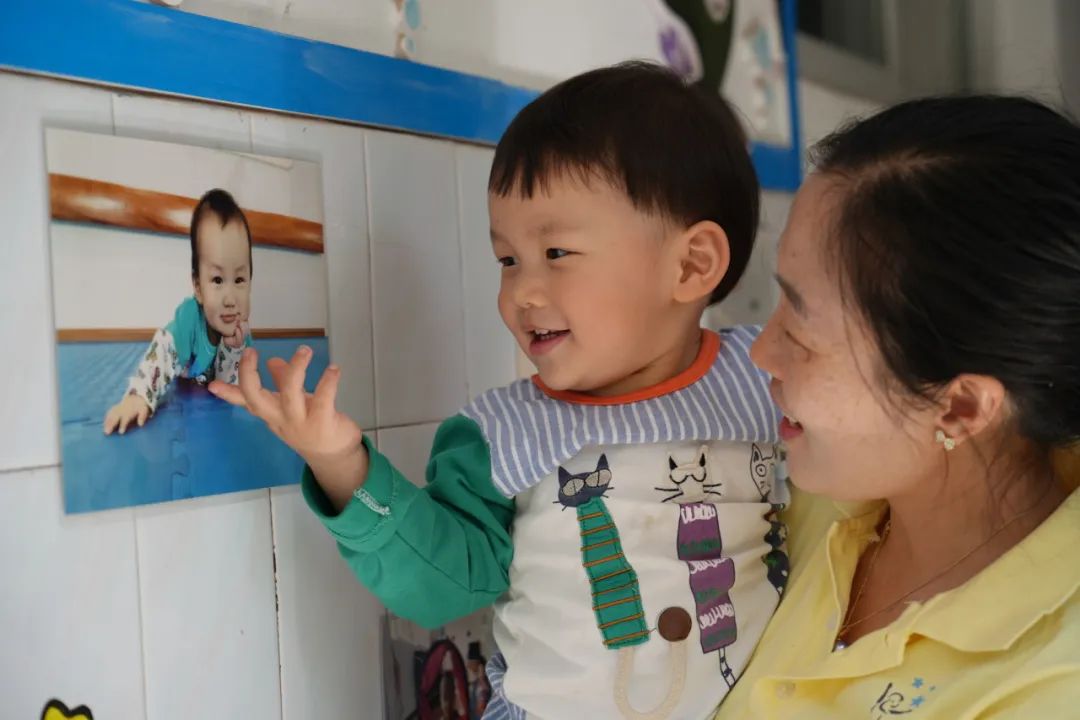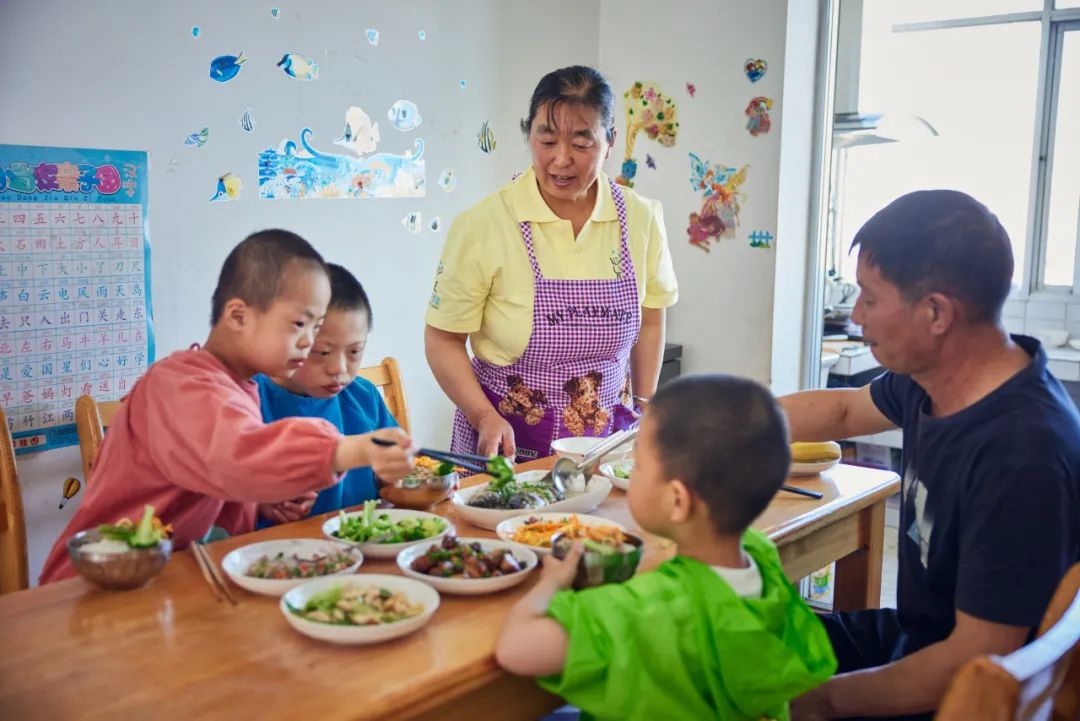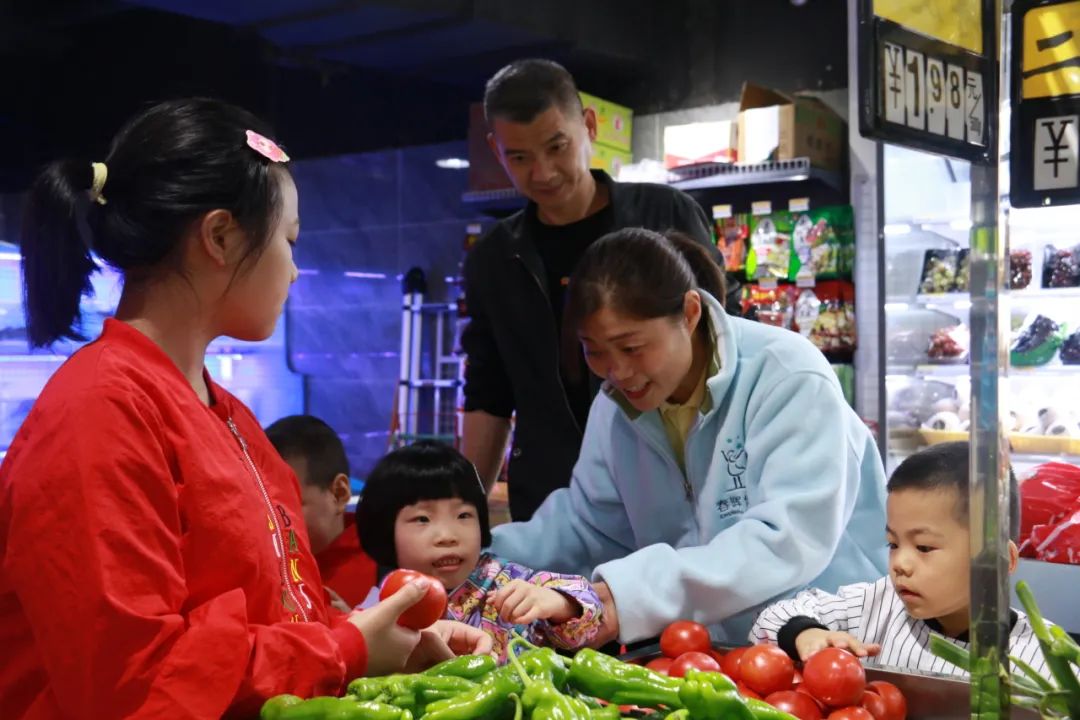
CHUNHUI FAMILY

Each time we enter a Chunhui family, we are touched by the love it lavishes on the children. Every photo on the wall that comes into view tells a story of a family not related by blood. It is a place for orphans, a place full of new life and hope, and a place the children will never forget. Chunhui families redefine the meaning of "home", and there are no places like them.
Background and purpose
of Chunhui families
As we all know, home is the best living environment for children. Unfortunately, some children who are at-risk, abandoned, diseased or disabled, have to live in welfare institutions. But orphanage life has many negative impacts on children. Studies have shown that at least 80% of the children living in institutions have lower levels of physical and cognitive development than those in typical families. Additionally, children in institutions are more likely to have emotional attachment problems. The longer they stay in institutions, the more problems they encounter. When they leave institutions and are placed in home-like environment, they make striking progress in all areas of development. In December 2019, around 265 organizations, including the UNICEF, proposed global reform of care for orphaned children, in a bid to replace institutional care with safe family care.
Since 2000, China has been exploring various family care models for children in welfare institutions, and in recent years, family-like care has been receiving increasing attention. In 2021, the Ministry of Civil Affairs made it clear that "institutions with necessary resources should be encouraged to build loving families and recruit couples to care for children placed in these families".
In 2005, Chunhui Children set up its first Chunhui family in one of its partner institutions. Until the first quarter of 2024, the Family Program had set up 1090 families with 4169 children in 24 provinces, autonomous regions, and municipalities.
Chunhui families provide a loving home-like environment for children whose special needs prevent them from being adopted. Nurturing care meets individualized needs of the children, helps them develop a sense of belonging and security, promotes their psychological and emotional development, and lays a good foundation for their self-care, social integration, and future development.
Innovations of Chunhui families
Stable family structure and nurturing home environment. The Family Program recruits married couples from the local community who receive our professional training and then set up loving foster homes for children with special needs. Each family includes a trained full-time mom and a working dad who take care of 3-5 children who are unlikely to be adopted. A stable family with high parent-child ratio makes the children feel loved and secure. And a close bond with their foster parents and siblings offers them emotional support and contributes to their psychological development.
Consistent professional training helps improve childcare quality. Chunhui Family program is committed to providing nurturing environment for orphaned and disabled children. To this end, it offers regular professional training for the foster parents. Based on the children’s developmental levels, it has designed a series of courses that include theoretical learning and hands-on operations. These courses aim to help the parents offer loving care, learn to accept and appreciate each child's uniqueness, identify their strengths, develop their potentials, and meet their needs through responsive care. Through such professional training, the program hopes to prevent and solve the children’s psychological and behavioral problems. Meanwhile, considering the importance of the parents' own growth and stress management, the program also provides them necessary psychological counseling and emotional support to ensure they are at their best while caring for the children.

Supportive environment helps children establish self-consciousness. Chunhui families live in apartments provided by the welfare institutions. Necessary equipment and facilities are available in these apartments. Based on the children’ ages and developmental levels, the foster parents divide the family into different functional areas and prepare rich materials to facilitate learning and exploration. The home environment is set up in a way that supports children with special needs. Sisters and brothers have separate bedrooms, and they are encouraged to decorate their room and bedding the way they like. The children's privacy is respected, and each child has his/her own personal space and belongings, which promotes their self-awareness.
3. Carefully designed family activities boost social skills of the children. Family activities are one of the best ways for children to learn. The loving mamas of Chunhui families deliver educational and entertaining parent-child games and activities based on each child's age and ability level, encourage them to try, support them in learning self-care skills, and finally prepare them for independence. More importantly, the parents take their children out of the welfare institution into supermarkets, parks, cinemas, and museums so that they can connect with other children in the community and learn to fit into society.
